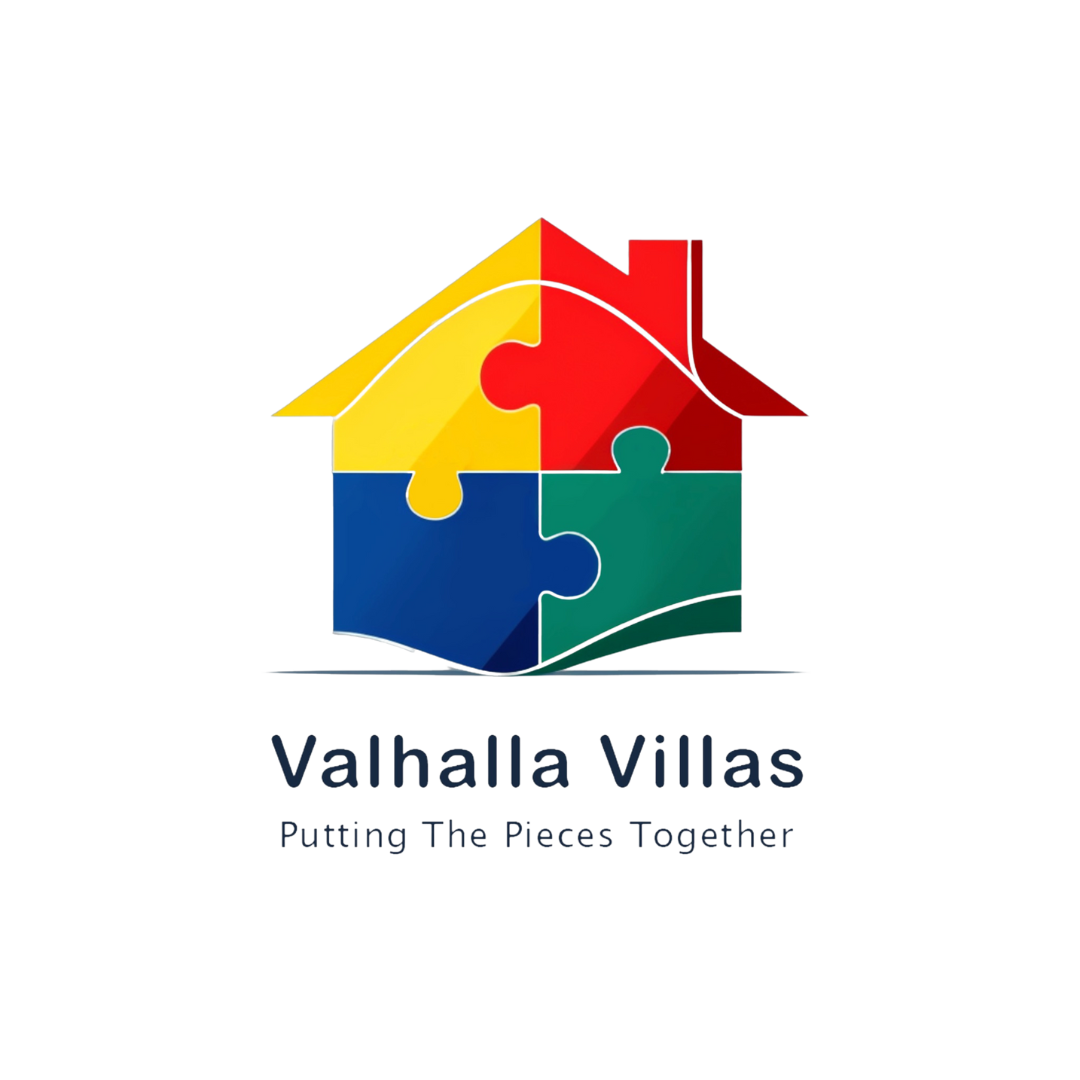At Valhalla Villas, our mission is to empower individuals with autism by fostering the development of adaptive skills essential for independent living. Understanding the unique challenges and strengths of those on the autism spectrum allows us to tailor support and interventions that promote autonomy and self-reliance. This article delves into the latest strategies and practices for building adaptive skills in children and adults with autism, highlighting the importance of a supportive community and personalized approaches.
The Essence of Adaptive Skills:
Adaptive skills are the day-to-day abilities that enable individuals to engage effectively in their environments, including communication, self-care, home living, social skills, leisure, and work. For individuals with autism, mastering these skills is crucial for achieving a greater degree of independence and quality of life.
Strategies for Building Adaptive Skills
It is essential to developing personalized learning plans. This involves assessing the individual needs, strengths, preferences, and goals. This tailored approach ensures that interventions are relevant and effective, focusing on areas that will have the most significant impact on their independence. For example, my son Carl, struggled with daily routines, so his plan included specific steps for mastering morning preparations, like using visual schedules to sequence tasks (e.g., brushing teeth, getting dressed). These plans should also incorporate interests to engage learners, such as incorporating a favorite character into learning materials for hygiene tasks. Regular reviews and adjustments ensure the learning plan evolves with the individual’s progress and changing needs.
Technology can be a game-changer in building adaptive skills. From communication apps that facilitate non-verbal interaction to organizational tools that help manage daily tasks, technology offers various supports tailored to the needs of individuals with autism. For instance, tablet-based applications like Proloquo2Go can give a voice to those who are non-verbal, enabling them to communicate their needs and thoughts. Other apps, like Choiceworks, help with understanding and managing daily routines and emotional regulation, providing clear visuals and timers that guide individuals through their day. Introducing these tools early and integrating them into daily routines can maximize their benefits for independence.
Improving social skills is crucial for enhancing quality of life and independence. Social skills training might include role-playing scenarios, social stories, and group activities that mimic real-life interactions, allowing individuals to practice and receive feedback in a supportive environment. For example, a social skills group could focus on turn-taking, initiating conversations, and interpreting non-verbal cues through role-play or cooperative games. These sessions often incorporate modeling and peer feedback, which are effective strategies for learning. For Carl, we joined a local organization that provided this type of training, but we also incorporated social skills training into regular family outings. For example, when we went to a restaurant, he would need to order his own food and practice being polite to the servers. As he got older, I would ask him to figure out how much to tip based on the services provided. This forced him to pay greater attention to the behaviors of the servers – studying how others act is a great learning activity! Think about what other practical experience in real-world settings you could provide to your child.
Engaging with the community offers invaluable opportunities for applying adaptive skills in real-life contexts. This can range from participating in local volunteer projects, which enhance a sense of belonging and purpose, to joining special interest clubs that align with the individual’s hobbies. For example, a community garden project can be a fantastic way for individuals with autism to practice social interactions, follow instructions, and develop a work ethic in a structured, supportive environment. Additionally, structured outings to public places like libraries, supermarkets, and parks with a focus on specific skill development (e.g., money management, navigating public transportation) can greatly enhance learning.
Tailoring vocational training to an individual’s interests and strengths helps in finding meaningful employment, a critical aspect of independence. This might involve career exploration activities, internships, or job-shadowing opportunities in areas of interest. Support in the workplace is also essential, which can include job coaching, modifications to the work environment, or assistive technology to aid in task completion. For instance, an individual with an interest in graphic design might receive training in specific software, coupled with a mentorship program in a supportive company, to facilitate a successful employment experience. Continuous support and adaptations ensure that individuals can not only obtain but also sustain employment, contributing to their sense of purpose and independence.
Each of these strategies emphasizes the importance of a holistic, individualized approach to developing adaptive skills, with the ultimate goal of enhancing independence and quality of life for individuals with autism.
The Role of Families and Caregivers:
Families and caregivers play a crucial role in the development of adaptive skills. Consistent support and reinforcement at home complement structured learning and interventions. Open communication and collaboration with professionals ensure that strategies are cohesive and targeted towards the individual’s goals.
Building adaptive skills for independent living requires a multifaceted approach that encompasses personalized interventions, the use of technology, and community engagement. At Valhalla Villas, we are committed to supporting individuals with autism in their journey towards autonomy. By embracing the latest practices and fostering a nurturing environment, we can unlock the potential of every individual, enabling them to lead fulfilling lives.
This commitment to adaptive skill development not only enhances the lives of individuals with autism but also enriches our community as a whole. We invite you to join us in this endeavor, whether by supporting our programs, volunteering, or simply spreading awareness. Together, we can create a world where everyone has the opportunity to thrive independently.
For more information on our programs and how you can contribute, please visit our website at www.ValhallaVillas.org.


